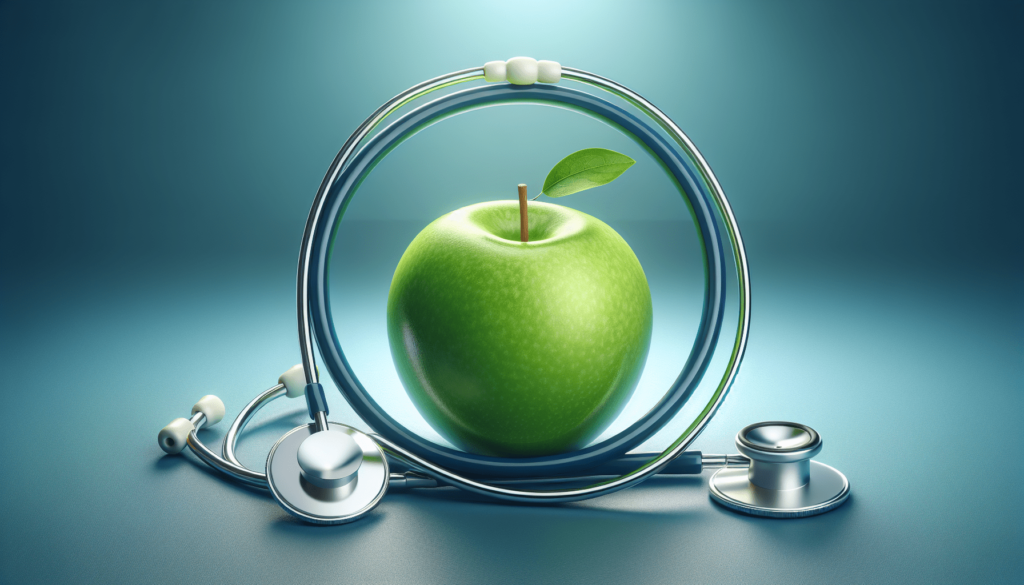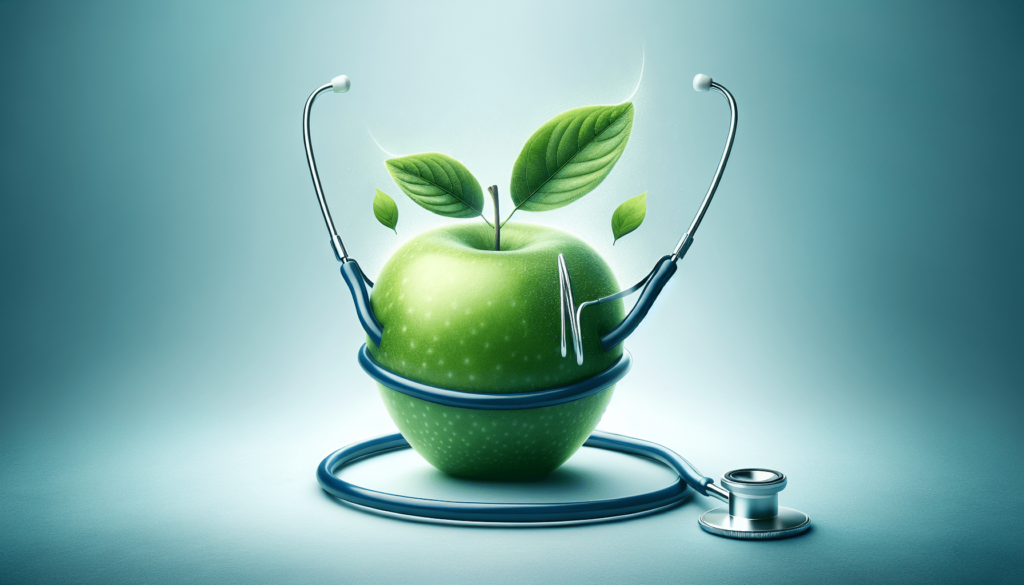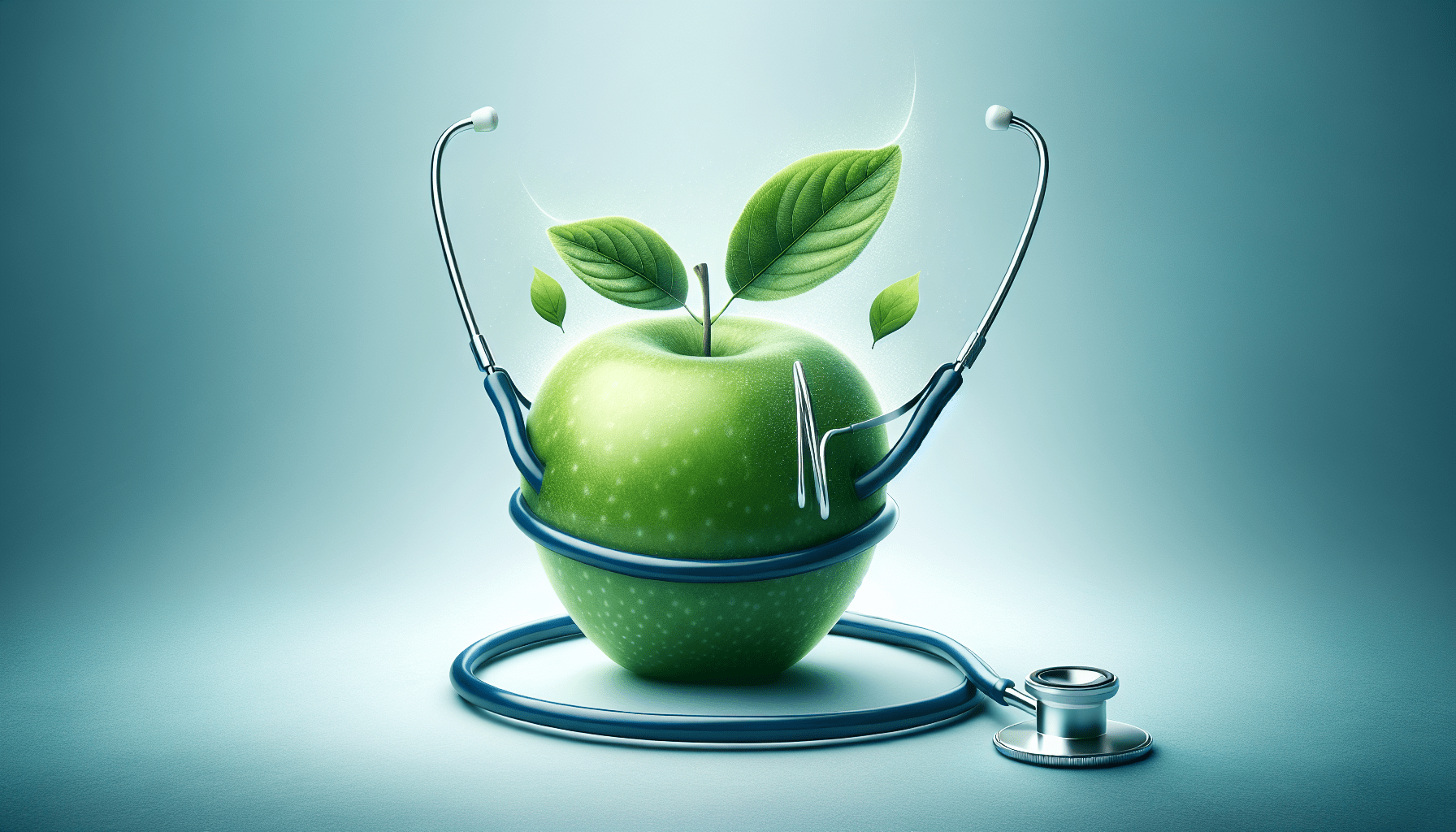Welcome to your journey towards a healthier life with the “Ultimate Guide to Disease Prevention.” In this comprehensive guide, you’ll discover essential tips and insights on how to protect yourself and your loved ones from various illnesses. From the importance of a balanced diet and regular exercise to understanding vaccines and the power of good hygiene, this guide is designed to provide you with practical advice to keep diseases at bay. Embrace the knowledge within these pages and take confident steps towards a vibrant, disease-free future! Have you ever wondered how to lead a life free from illness and maintaining good health? When it comes to disease prevention, there are a multitude of strategies you can implement to keep yourself in tip-top shape. As we navigate through modern life, full of stress and unexpected health challenges, it’s more important than ever to focus on proactive measures.
Let me walk you through the “Ultimate Guide to Disease Prevention” with valuable insights and practical advice that are specialized to be both engaging and easy to comprehend.
Understanding Disease Prevention
Let’s start with understanding what disease prevention is all about. In essence, it involves measures and lifestyle habits that help avert the onset of illness and promote wellness.
Why is Disease Prevention Important?
Prevention is always better than cure, right? By focusing on disease prevention, you save yourself from potential suffering and financial strain associated with treatments. Additionally, it ensures a high quality of life, enhancing your mental and physical well-being.
Levels of Disease Prevention
There are three levels of prevention that you need to be aware of:
-
Primary Prevention focuses on avoiding the development of disease entirely. This includes adopting a healthy diet, regular exercise, vaccination, and avoiding the use of harmful substances like tobacco and excessive alcohol.
-
Secondary Prevention involves early detection and treatment to stop the progression of a disease. Screening tests like mammograms, blood pressure measurements, and cholesterol levels fall under this category.
-
Tertiary Prevention aims at reducing the impact of an ongoing illness already diagnosed by preventing complications and improving quality of life. This might involve therapy, rehabilitation, and medication adherence.
Building a Healthy Lifestyle
Creating a healthy lifestyle is fundamental to preventing diseases. Here are the key aspects to consider:
Nutritious Diet
Your diet plays a crucial role. It’s not just about eating less, but about eating right. Think of your body as a high-performance vehicle which needs the best fuel.
Key Dietary Recommendations
| Nutrient | Recommended Foods | Benefits |
|---|---|---|
| Proteins | Lean meats, beans, nuts, tofu | Builds and repairs tissues |
| Carbohydrates | Whole grains, fruits, vegetables | Provides energy |
| Fats | Avocados, fish, nuts, olive oil | Supports cell function |
| Vitamins/Minerals | Fruits, vegetables, seeds, dairy | Boosts immune system and bodily functions |
Tip: Aim for a colorful plate! The variety not only makes your meals visually appealing but ensures a mix of vital nutrients.
Regular Exercise
It’s not just about aesthetic benefits. Regular physical activity helps in improving bodily functions and boosts immunity.
Types of Exercise
- Aerobic Exercise: Activities like walking, running, and swimming that increase your heart rate.
- Strength Training: Workouts like lifting weights or using resistance bands that build muscle strength.
- Flexibility Training: Stretching exercises that enhance joint and muscle flexibility.
Pro-Tip: Aim for at least 30 minutes of moderate exercise most days of the week. Consistency is key, so find activities you enjoy to make it an integral part of your routine.

Mental Health Matters
Often overlooked, mental health is equally significant for overall wellness and disease prevention.
Managing Stress
Chronic stress can lead to numerous health problems including heart disease and anxiety disorders. Learning how to manage stress is crucial.
Stress Management Techniques
- Mindfulness Meditation: This practice helps you stay grounded and calm.
- Breathing Techniques: Simple breathing exercises can significantly reduce stress.
- Time Management: Prioritizing tasks can help you feel more in control and less overwhelmed.
Friendly Advice: Don’t hesitate to take breaks, indulge in hobbies, or seek professional help when needed. Your mental health is paramount.
Avoiding Harmful Substances
Tobacco and Alcohol Use
Smoking and excessive alcohol consumption are two of the most preventable causes of disease and death.
Risks
- Tobacco: Linked to cancer, heart disease, and respiratory conditions.
- Alcohol: Can cause liver disease, heart problems, and contribute to accidents and injuries.
Simple Steps to Quit:
- Seek support from friends, family, or support groups.
- Use nicotine replacements or medications if needed.
- Set small, achievable goals to gradually cut down.

Vaccinations and Screening Tests
Importance of Vaccinations
Vaccines have eradicated and controlled numerous contagious diseases. Make sure you are up-to-date on vaccinations recommended for your age and health conditions.
Common Vaccinations
| Vaccination | Prevented Disease |
|---|---|
| Influenza | Seasonal flu |
| MMR (Measles, Mumps, Rubella) | Measles, mumps, rubella |
| HPV | Human papillomavirus leading to cervical cancer |
| Hepatitis B | Hepatitis B |
| Tetanus, Diphtheria | Tetanus, diphtheria |
Regular Screening Tests
Early detection through screening can significantly improve treatment outcomes for many diseases.
Essential Screenings Based on Age and Gender:
| Age Group | Men | Women |
|---|---|---|
| 20-39 | Blood pressure, cholesterol, testicular exams | Pap smear, blood pressure, cholesterol |
| 40-59 | Prostate exams, colonoscopy, blood glucose | Mammograms, colonoscopy, bone density tests |
| 60+ | Eye exams, hearing tests, osteoporosis screening | Eye exams, hearing tests, osteoporosis screening |
Note: Always consult with your healthcare provider to determine which tests are necessary for you.
Environmental and Occupational Health
The ambient environment you live in and the conditions at your workplace can significantly impact your health.
Clean Living Environment
A clean home reduces the risk of allergens, respiratory diseases, and infections.
Key Tips:
- Regularly disinfect commonly touched surfaces.
- Ensure good ventilation.
- Reduce clutter to minimize dust accumulation.
Safe Work Practices
Your work environment should prioritize health and safety to avoid occupational hazards.
Work Safety Tips:
- Use personal protective equipment (PPE) when necessary.
- Take regular breaks to avoid repetitive strain injuries.
- Ensure your workspace adheres to safety regulations.
Friendly Reminder: Report any hazardous conditions to your employer immediately and follow up to ensure they are resolved.
Healthy Relationships and Social Connections
Humans are social beings, and meaningful connections can significantly contribute to your overall well-being.
Building a Support Network
Surround yourself with supportive relationships that promote positivity and mental health.
Ways to Foster Connections:
- Stay in touch with family and friends.
- Participate in community activities.
- Volunteer or join clubs related to your interests.
Conclusion
Prevention is a lifelong commitment that requires continuous effort and attention. While it may seem overwhelming at first, integrating these practices into your daily routine can yield tremendous benefits.
From eating nutritious foods and staying active to managing stress, avoiding harmful substances, and staying updated with vaccinations and screenings, each step is a building block towards a healthier life. Remember, small changes make a big difference over time.
Your health is a delicate and invaluable asset. Protect it with informed decisions and proactive measures. With this ultimate guide, you are now equipped with the knowledge to take charge of your well-being. Here’s to a healthier, happier you!

2 thoughts on “Ultimate Guide To Disease Prevention”